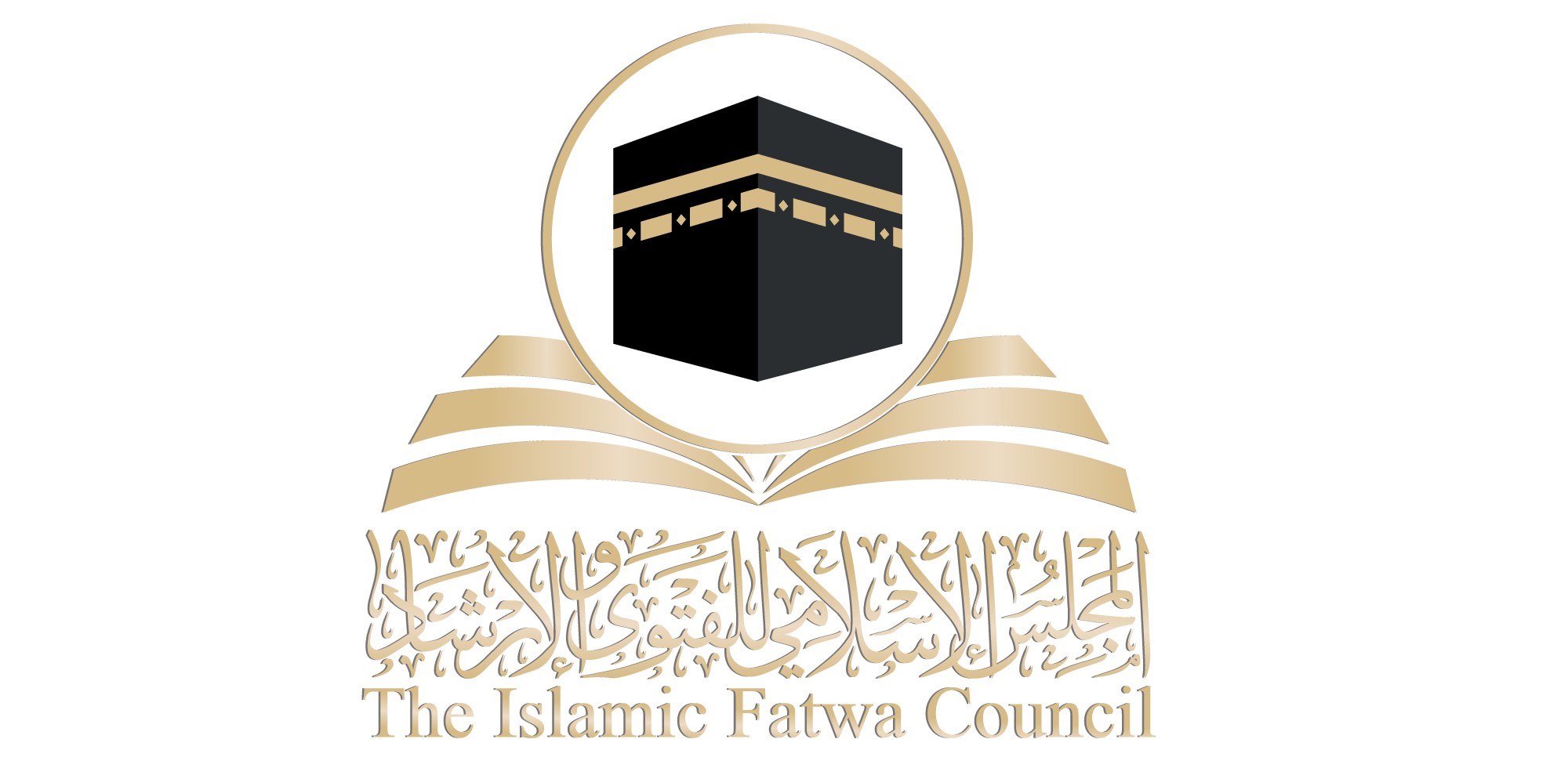The Ansar Affairs Authority in Omdurman has issued a fatwa against theft and specified how to deal with stolen items amidst increasing looting in the Sudanese capital.
In a statement yesterday, the Fatwa Committee of the Ansar Affairs Authority* stated that it is not permissible to buy stolen goods because that encourages more thefts and plundering. “It is also not permissible to accept any stolen items as a gift or charity.”
The Ansar Affairs Authority appealed to the residents of greater Khartoum to exert efforts as much as possible to protect the money and property of others from theft. It also called for the formation of committees in the neighbourhoods to collect stolen items and put them in a guarded safe place.
The fatwa, approved on Saturday, was published on Facebook an hour ago.
7 principles
On social media, the organisation wrote the following: “In light of the war conditions that Sudan is going through, some weak-minded people have taken people’s money by plundering, stealing, and looting. Accordingly, dealing with this money is strictly forbidden.”
The statement outlined seven principles. The first stated that “it is forbidden to take people’s money without the consent of the owners because God Almighty says: ‘O you who have believed, do not consume your money among yourselves unjustly, unless it is a trade by mutual consent’”.
The second stated that “it is not permissible to buy any of the looted items because that encourages looting, theft, and robbery, which are forbidden”.
‘It is not permissible to buy any of the looted items because that encourages looting, theft, and robbery, which are forbidden’
In the third place, it stated that it is not permissible to accept any of the looted items as a gift or charity, and in the fourth place the authority appealed to the community “to work as much as possible to protect the money of others from plundering”.
The fifth point called on residents to form committees to collect and safely store stolen items but the sixth point said that it is permissible for the committees to distribute collected items to those who need them if the items are perishable, but only if statements are collected so that their value can be paid to the rightful owners if they are known.
“Using stolen money causes harm to the consumer and his family, whom he fed with unlawful food, because all evil is exterminated”
“We ask God to lift the calamity and restore security to our country,” the statement finished.
Looting and cash problems
As looting in Khartoum continues, many stolen goods are circulating in and around the capital. Last week, it was already reported by several news outlets that vandalism affects all areas of life, especially banks, malls, shops (in particular those selling gold), and factories, amidst the absence of the Rule of Law and the chaos created by RSF soldiers who have taken up positions in residential areas.
Several banks were subjected to looting and burning, which is bad news for the already struggling banking sector that was subjected to sanctions and other challenges in the past years.
Many Sudanese are also struggling to access their money at the moment and there is a shortage of cash and therefore liquidity. Even in cities that have not witnessed much violence, the weak internet network of banks and supply problems are causing cashflow issues.
Radio Dabanga reported yesterday that many banks and factories have been forced to close, as they cannot be safely operated, which resulted in scarcity of food supplies and cash flow.
Al Baraka Bank announced last week that basic services have resumed in several cities and towns in Sudan, including Ed Damazin, Hasaheisa, Sennar, Kosti, Rabak, Port Sudan, El Gedaref, and Dongola.
‘I am worried about the future because if the situation continues, I am not sure if there will be enough cash for everyone’
“In Hasaheisa, the bank is open but it is overcrowded. I am worried about the future because if the situation continues, I am not sure if there will be enough cash for everyone,” Ali Mustafa told Radio Dabanga from the town last week.
* The Ansar is a religious group in Sudan whose members are followers of Mohamed Ahmed ‘El Mahdi’ (meaning ‘guided one’, messiah) who, in 1881, stood up against Anglo-Egyptian rule in Sudan. The late former president of the National Umma Party (NUP), El Sadig El Mahdi, was the great-grandson of the Mahdi.
This article was first published at DABANGA

